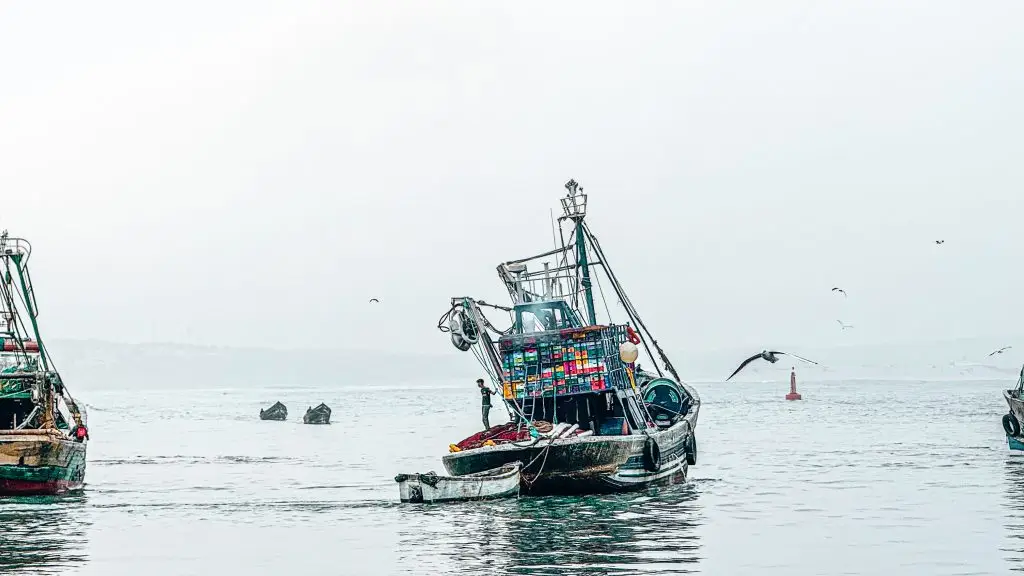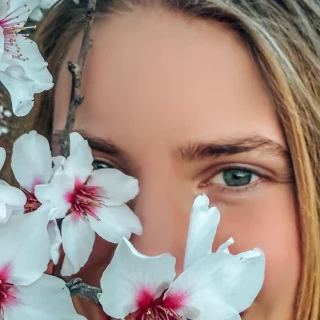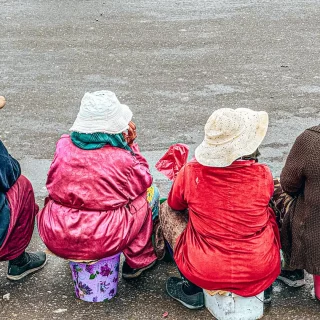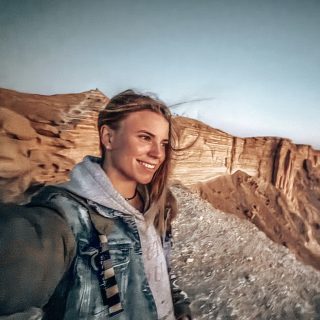When I strolled through salt-water-wettened grounds, immersed in the local scene of Essaouira’s fisher port, a hub of cultural and traditional roots, I was introduced to something captivating and profoundly soulful.
Seagulls circle the skies, black clouds puff out of the fisher boats departing for a journey to the depths of the seas, and local women sit on plastic stools and wooden pallets amidst the local fish market. Close to one another, they sat, chatting as the morning passed, finding joy in the face of simply being. It seemed as if they all looked out for one another in a united and supportive manner. In front of them laid fish, fish they sold.
Little did I know what my eyes were truly seeing before being enlightened by a local.
To my eyes, these seemingly ordinary women turned out to be far from ordinary, for their presence is a messenger and pillar of Morocco’s community culture—Baraka.
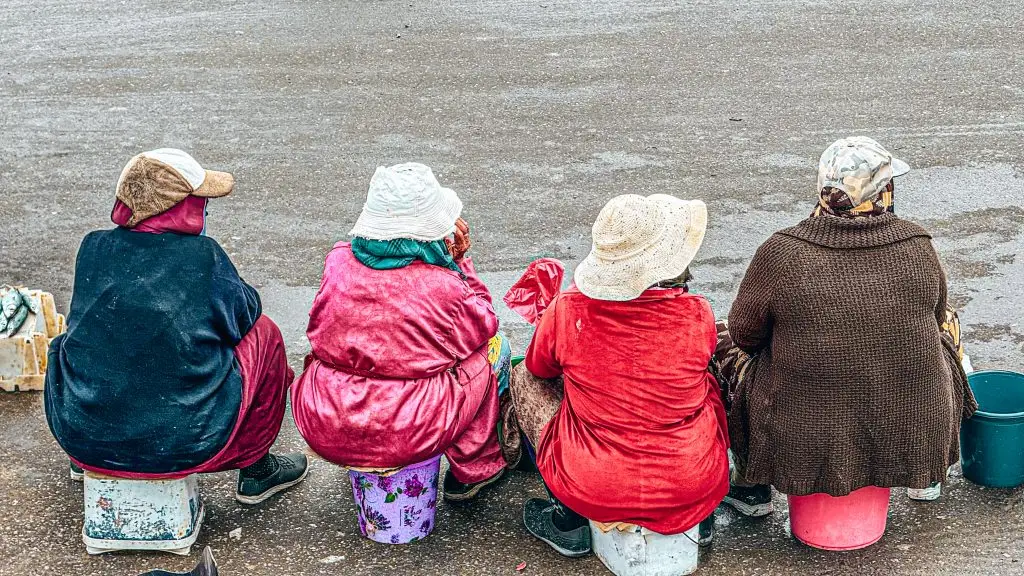
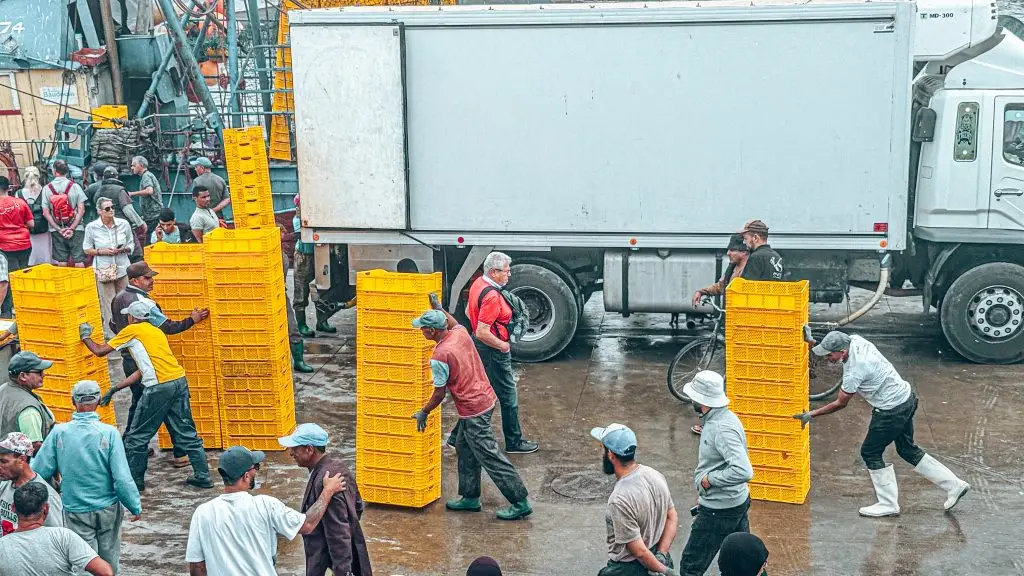
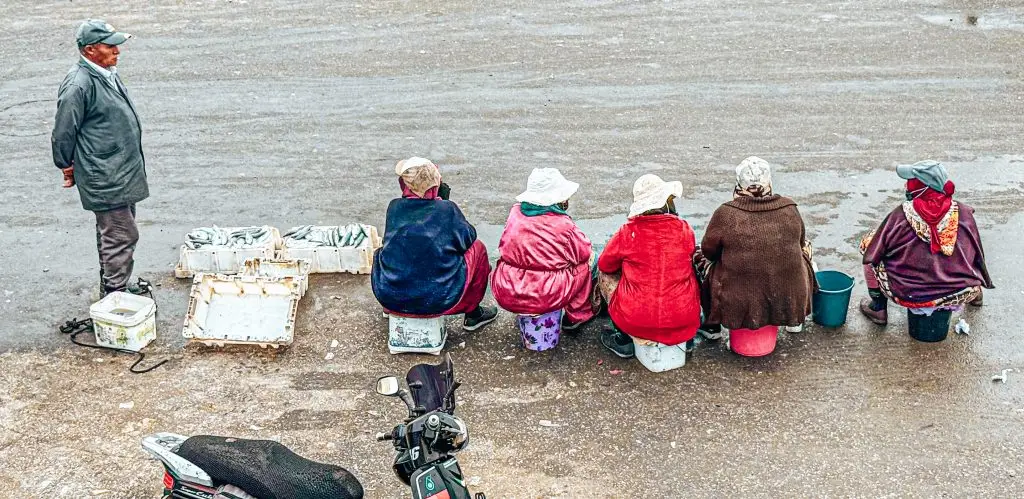
Baraka Women: Embodying Morocco’s Spirit
Baraka, meaning blessing in Arabic, is a communal concept in Morocco embraced by all, forging social solidarity. These women, widows who lost their husbands, often to the powers of the Atlantic sea, and elderly poor, strongly symbolize what Baraka is and means at its core: a symbol of tradition and resilience and keepers of spiritual grace.
Their presence whispers a powerful message to all passersby: the importance of community structure and presence and remembering of the significance of co-living in unity, compassion and support.
The fish baraka women sell, given to them by fishers, is often less valuable, smaller in quantity, and lower in price. Ye t, despite the small amount, its value is not to be overlooked, for it is these seemingly small quantities that sustain themselves and their families. An infinite cycle of giving and receiving as fishers find a purpose for the fish they don’t sell to the main markets and mutually contribute to their community.
These women, leading modest and honest lives and messengers of carrying out one’s tasks with patience and dignity, don’t just have a cultural significance but also an economic one.
Supporting Baraka: How Travelers Can Make a Difference
As visitors travelling to Essaouira, we can, too, contribute to the Moroccan community culture, Baraka, and to the livelihood of its keepers. Instead of buying fish from big, main markets or touristic restaurants just out of the harbour’swalls, opt for the authentic Moroccan experience and communal action of buying fish from these women and watch how your freshly bought fish grills for a few dirhams in pure authenticity at the harbour, ready to be savoured in whole-souled fulfilment.
Welcome to Moroccan traditions and the taste of communal tourism.
The presence of these beautiful women, their humility, and their persistence – a blessing to all, especially to Essaouira’slocal community.
